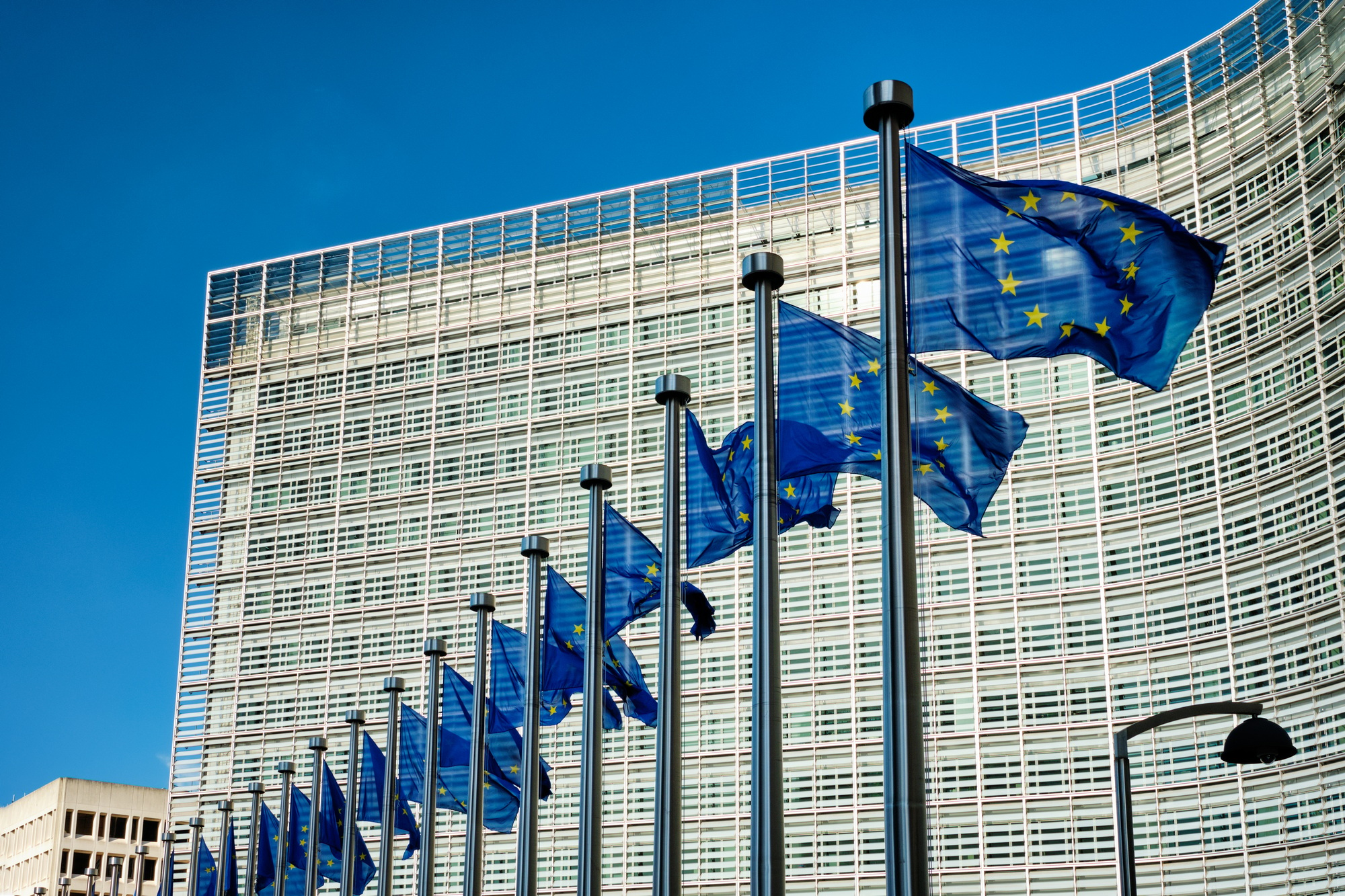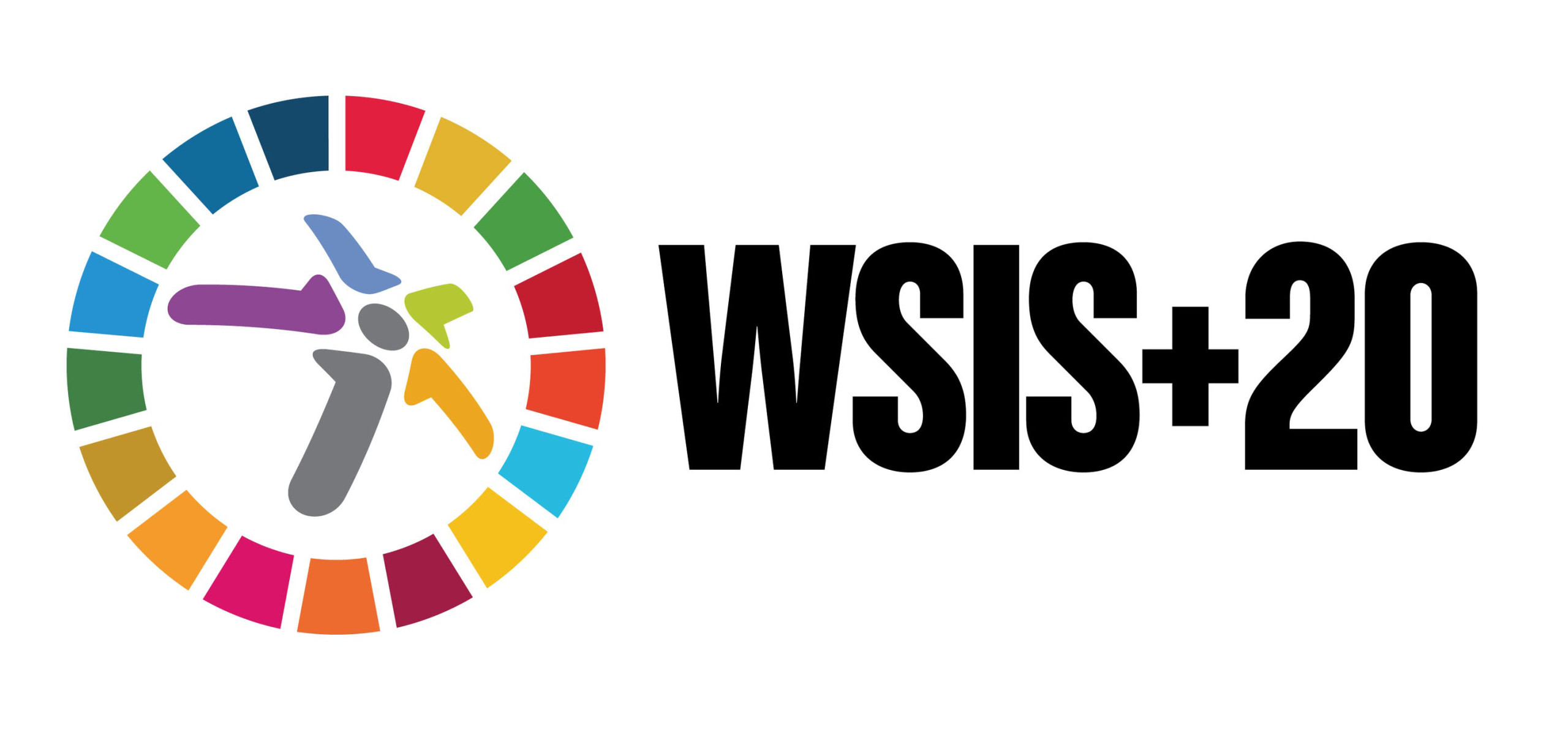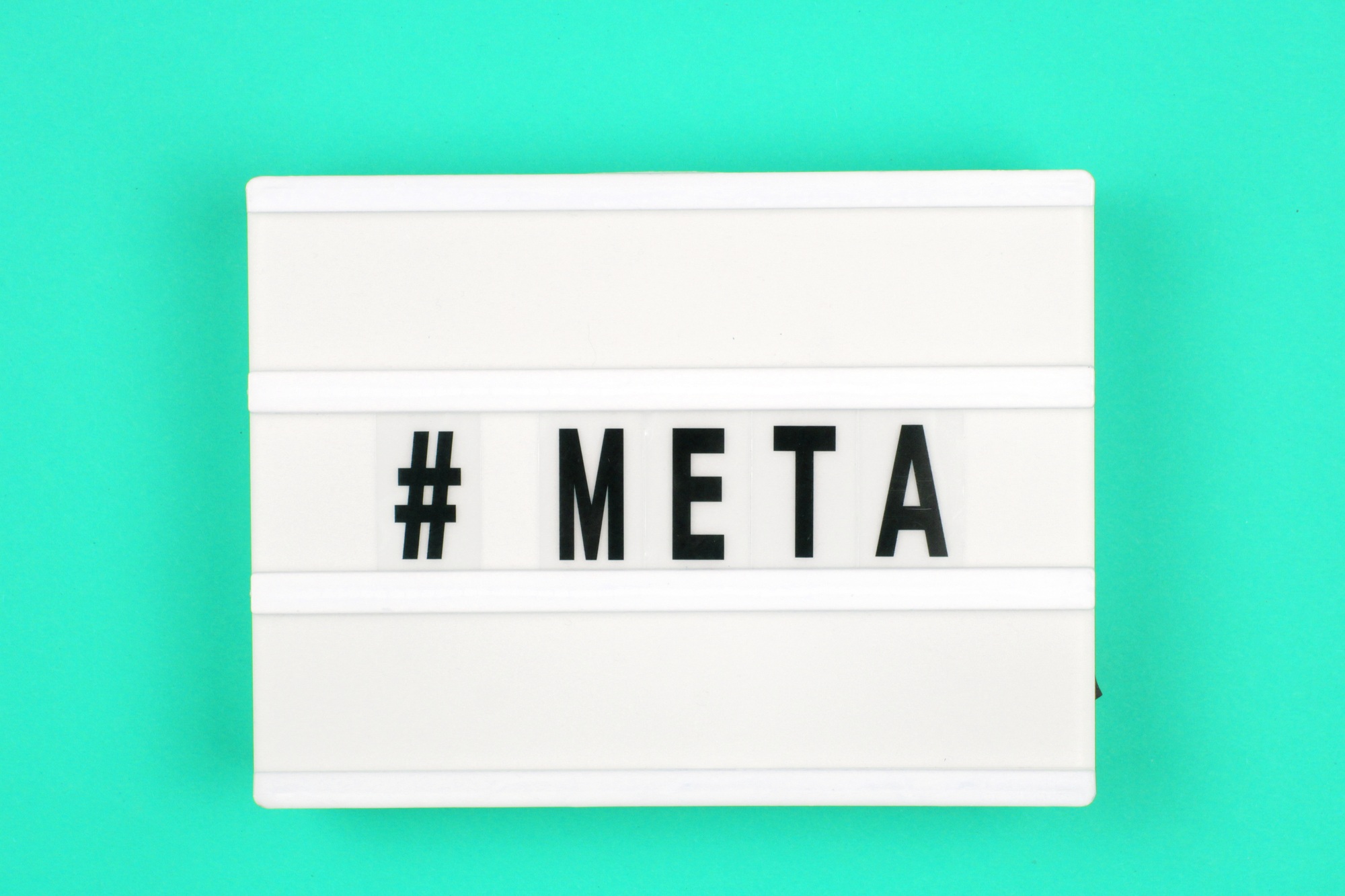Derechos Digitales publishes new discussion paper on technology-facilitated gender-based violence
Derechos Digitales’ new discussion paper examines how technology-facilitated gender-based violence has become a persistent human rights concern that mirrors and deepens existing gender inequalities. Using international human rights law as its framework, the paper identifies major shortcomings in current national legislation, including inconsistent definitions, overreliance on criminal responses, weak safeguards, and limited avenues for redress. It also details how the speed, scale, and cross-border nature of digital technologies intensify harms, often silencing women and LGBTQIA+ people in public and political life. The analysis, grounded in comparative legal research and expert consultation, underscores the need for rights-based, survivor-centred approaches that address TFGBV as part of a broader continuum of gender-based discrimination.









